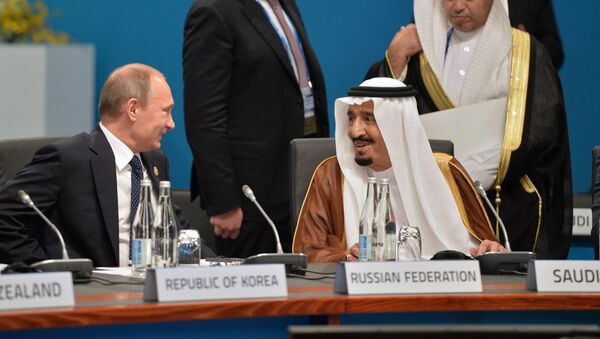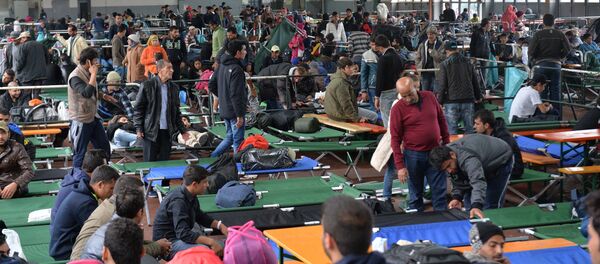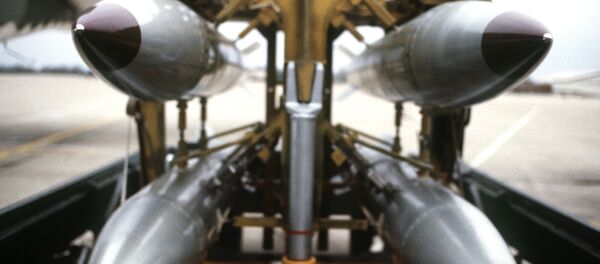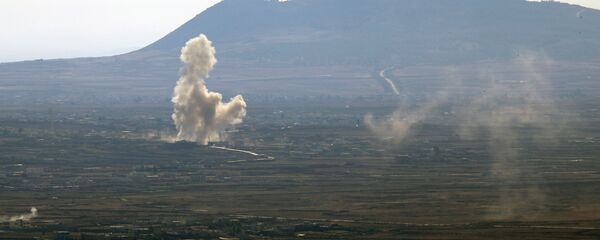However, the two dramatic events, which followed the historic meeting, have seemingly thwarted the dramatic achievement, American-German researcher, historian and strategic risk consultant F. William Engdahl narrates in his recent article for New Eastern Outlook.
The September 11 collapse of a construction crane atop the Grand Mosque in Mecca and then the deadly stampede at the Hajj on September 24 were hardly mere accidents, the researcher believes.
He called attention to the fact that the crane that collapsed in Mecca belonged to the Binladen Construction Group.
"The family [Binladen] is also the family of the infamous CIA-trained Osama bin Laden. It's a small world," Engdahl remarked.
On the other hand, it cannot be excluded that "a few well-placed professional agents" could have incited the infamous stampede, he noted.
"Someone seemed very interested in delivering a sharp warning to the Saudi Monarchy about their recent foreign policy shift towards Moscow and away from Washington in the run-up to the increasingly obvious Russian military buildup at Latakia in Syria. Of this I'm certain," he stressed.
Nearly simultaneously, fifty-five Saudi Arabian clerics and academicians signed a joint statement urging "true Muslims" to "give all moral, material, political and military" support to those fighting against al-Assad, Iranian and Russian forces.
However, there is many a slip twixt the cup and the lip, as an old English proverb says.
"The call for Jihad however was not at all official Saudi sanctioned Jihad, but that of ‘opposition' clerics. And more significant, the political relations between Moscow and the government in Riyadh, which is separate from the clerics, have recently taken a strong turn for the positive," Engdahl elaborated.
Engdahl highlighted that the October 11 Sochi meeting has indicated clearly that the Saudi Kingdom has decided to continue its Russian rapprochement despite "the warning."
So what exactly does this rapprochement mean?
According to Engdahl, the potential Russia-Saudi-Iran consensus on oil production would deprive Washington of its most potent geopolitical weapons.
The researcher referred to Henry Kissinger's notion he purportedly made in the 1970s: "If you control oil, you control entire nations and groups of nations."
"Now Washington's oily geopolitical chickens are coming home to roost with a vengeance," Engdahl remarked ironically.




